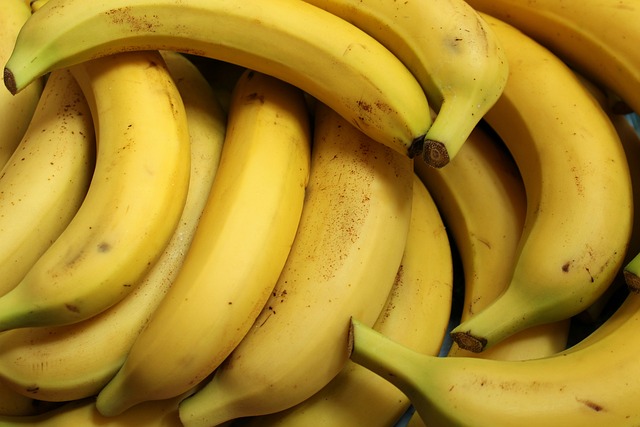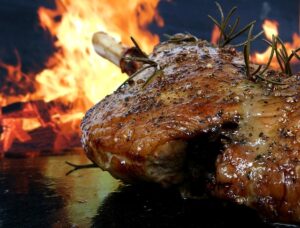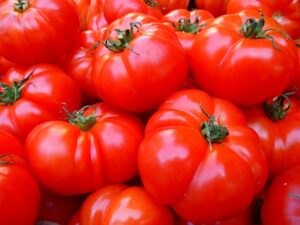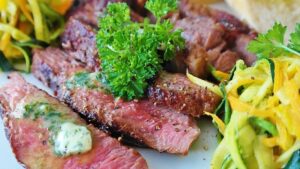Introduction
Protein farts can be an embarrassing and uncomfortable side effect of consuming a high-protein diet. These foul-smelling flatulence occurrences are often caused by the breakdown of protein in the digestive system. However, there are several strategies you can employ to help reduce or even eliminate protein farts.
Understanding Protein Farts
To address protein farts, it’s essential to understand why they occur. When you consume protein-rich foods, such as meat, dairy products, or legumes, your body breaks down the protein into amino acids. During this process, gases, including hydrogen sulfide and methane, are produced. These gases can cause flatulence and result in the unpleasant odor associated with protein farts.
Slowly Increase Protein Intake
One way to minimize protein farts is to gradually increase your protein intake. Sudden and significant changes in your diet can disrupt the balance of bacteria in your gut, leading to increased gas production. By slowly increasing your protein intake over time, your body can adjust and adapt to the changes more effectively, potentially reducing the occurrence of protein farts.
Choose Protein Sources Wisely
Not all protein sources are created equal when it comes to causing flatulence. Some protein-rich foods, such as beans, lentils, and broccoli, are notorious for producing gas. On the other hand, animal-based proteins like chicken, fish, and eggs tend to be less likely to cause excessive flatulence. By choosing your protein sources wisely, you can minimize the risk of protein farts.
Properly Prepare Protein-Rich Foods
The way you prepare protein-rich foods can also impact the likelihood of experiencing protein farts. Soaking beans and legumes overnight and rinsing them thoroughly before cooking can help reduce the gas-producing compounds they contain. Additionally, cooking protein-rich foods thoroughly can break down complex proteins, making them easier to digest and potentially reducing the occurrence of protein farts.
Consider Digestive Enzymes
Digestive enzymes are substances that help break down food in the digestive system. Taking digestive enzyme supplements, particularly those containing enzymes like protease and amylase, can aid in the digestion of protein and reduce the production of gas. Consult with a healthcare professional before incorporating digestive enzyme supplements into your routine to ensure they are safe and suitable for you.
Probiotics for Gut Health
Probiotics are beneficial bacteria that can help maintain a healthy balance in your gut. They can improve digestion and reduce gastrointestinal issues, including excessive gas production. Consuming probiotic-rich foods like yogurt, sauerkraut, and kimchi, or taking probiotic supplements, can promote a healthy gut and potentially alleviate protein farts.
Monitor Fiber Intake
While fiber is an essential part of a healthy diet, consuming excessive amounts of it can contribute to gas production. High-fiber foods, such as fruits, vegetables, and whole grains, can increase the likelihood of experiencing protein farts when consumed alongside protein-rich foods. Monitoring your fiber intake and ensuring a balanced diet can help minimize gas-related issues.
Conclusion
Protein farts can be bothersome, but with the right strategies, you can reduce their occurrence. Gradually increasing protein intake, choosing protein sources wisely, properly preparing protein-rich foods, considering digestive enzymes, incorporating probiotics, and monitoring fiber intake are all effective ways to address protein farts. By implementing these strategies, you can enjoy the benefits of a high-protein diet without the embarrassing side effects.
References
1. healthline.com
2. mayoclinic.org
3. webmd.com












